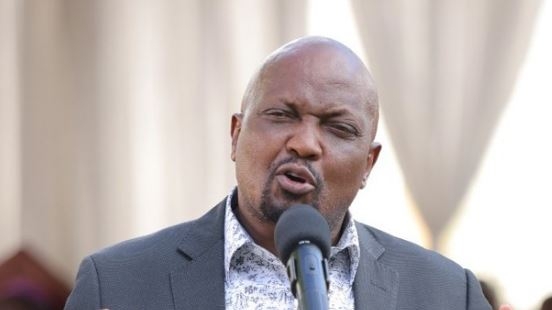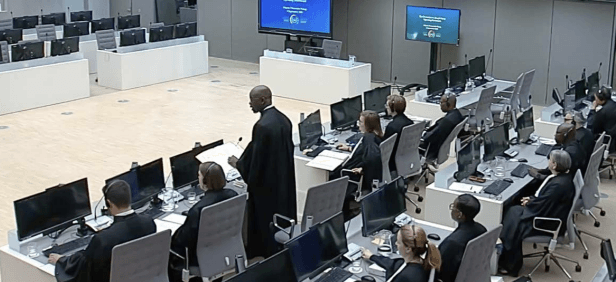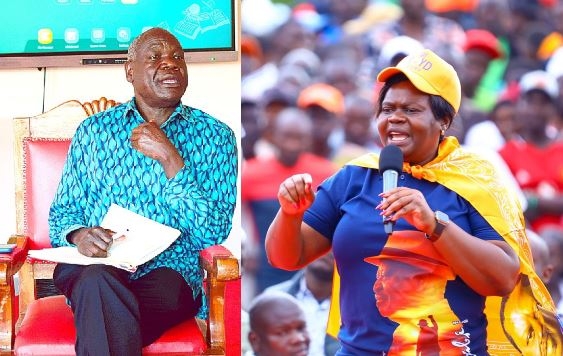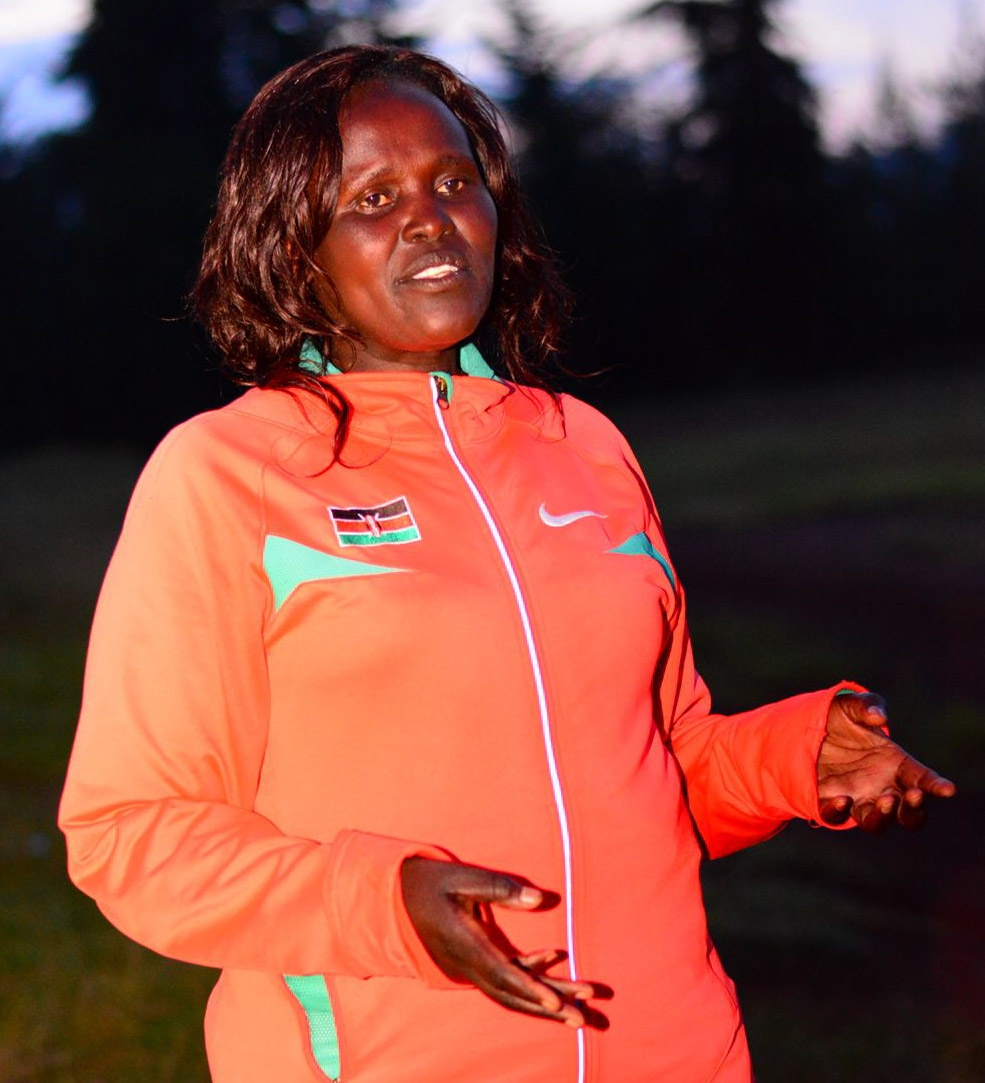The government has been called upon to enact policies removing tax on Menstrual Hygiene Management (MHM) products.
The county Director of Health and Sanitation Fredrick Oluoch stresses the importance of such policies, advocating for tax exemptions and funding educational programs to foster MHM awareness.
Oluoch noted that advocacy efforts must continue to push for these changes on local, national, and global levels.
These calls were made during the commemoration of Menstrual Hygiene Management Day in Nyakach Kabete grounds in Kisumu county.
This year’s theme is ‘Together for a PeriodFriendlyWorld’.
According to Oluoch, this day is not just a celebration but a call to action, a reminder of their collective responsibility to ensure that every individual who menstruates can do so with dignity, comfort, and safety.
He noted that MHM Day is about recognising and addressing the myriad challenges that millions face around the world.
"Menstruation is a natural and essential part of human life, yet it is often surrounded by stigma, misinformation, and neglect. Today, we come together to break these barriers, to educate and to empower".
The Director noted that it is a reality that many individuals do not have access to affordable and safe menstrual products and this lack can lead to using unhygienic alternatives, which can cause health issues and discomfort.
"We must strive to make sanitary products available and affordable to everyone, everywhere," she said.
Menstrual health education he added is crucial because misinformation and myths about menstruation can lead to shame and social exclusion.
"Comprehensive education should be integrated into school curriculums and community programmes to ensure that everyone understands menstruation and can manage it with confidence and knowledge."
Oluoch added that sanitation facilities were essential for MHM hence things like clean water, private and safe toilets,and appropriate waste disposal systems should be available in schools, workplaces, and public spaces because they are vital for the health and dignity of those who menstruate.
"Today, let us reaffirm our commitment to these goals. Let us recognize the champions of MHM from community health Volunteers and educators to NGOs, CBOs and policymakers because their efforts are making a difference."
The director at the same time told the young people to always remember that their voices matter.
"Speak up about menstrual health issues, support your peers, and advocate for change. To the educators, health professionals, and community leaders, thank you for your dedication and hard work. Your efforts are paving the way for a healthier and more equitable world".
The Department of Public Health Oluoch added was committed to providing an enabling environment for partners to invest in MHH products and services.
He added that to this end, they enacted the Kisumu County Environmental Health and Sanitation Act of 2022. And are currently developing regulations on MHM that will guide players with the support of Water sanitation for the urban poor (WSUP).
"Further we are working with USAID BoreshaJamii, WKSP, Breakthrough Action, KUAP, LWSC and other players in MHM policy dissemination, MHH in workplaces, and access to affordable MHM products and services just to mention a few areas".
















